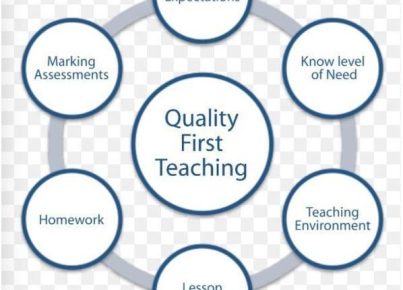Every educator has their own unique approach to classroom management and creating an engaging atmosphere for students. I, too, decided to implement a seemingly unconventional practice in my class – I didn’t allow students to raise their hands to ask or answer questions. You might be wondering why. Let me share how this decision led to improved engagement, collaboration, and learning in my classroom.
## Encouraging Active Listening
When students raise their hands to ask a question or give an answer, the focus is shifted from the ongoing discussion towards the anticipation of being called upon. By not allowing hand-raising, I encouraged my students to stay present and actively listen to their peers’ contributions. This fostered better comprehension and deeper understanding of the subject matter.
## Promoting Equal Participation
In many classrooms, only a few students dominate discussions while others remain passive listeners. Banning hand-raising forced all my students, including the introverted ones, to take part in conversations and express their opinions without fear of being judged. It leveled the playing field for everyone, enabling a more diverse set of voices to be heard.
## Enhancing Soft Skills Development
By discouraging hand-raising, I inadvertently opened up opportunities for my students to develop essential soft skills such as critical thinking, persuasion, and empathy. Instead of waiting for their turn in a queue, they had to find thought-provoking ways of inserting their perspectives into ongoing conversations while respecting others’ opinions.
## Building Classroom Community
Lastly, not permitting hand-raising helped create a stronger sense of community among my students. The bonds between classmates grew as they collaborated and connected on a deeper level through dynamically participating in discussions and problem-solving sessions.
Of course, it must be noted that this approach might not work best for every classroom environment or group of students. It requires careful planning and execution from educators – clear expectation setting, building trust among students, and creating a safe, inclusive space for all.
In conclusion, my decision not to allow hand-raising in my class resulted in numerous benefits such as enhanced active listening skills, equal participation, better development of soft skills, and improved classroom community. As educators, it is important that we remain open to exploring alternative methods of teaching and consider the needs of our diverse student bodies to create the most effective learning environments.





